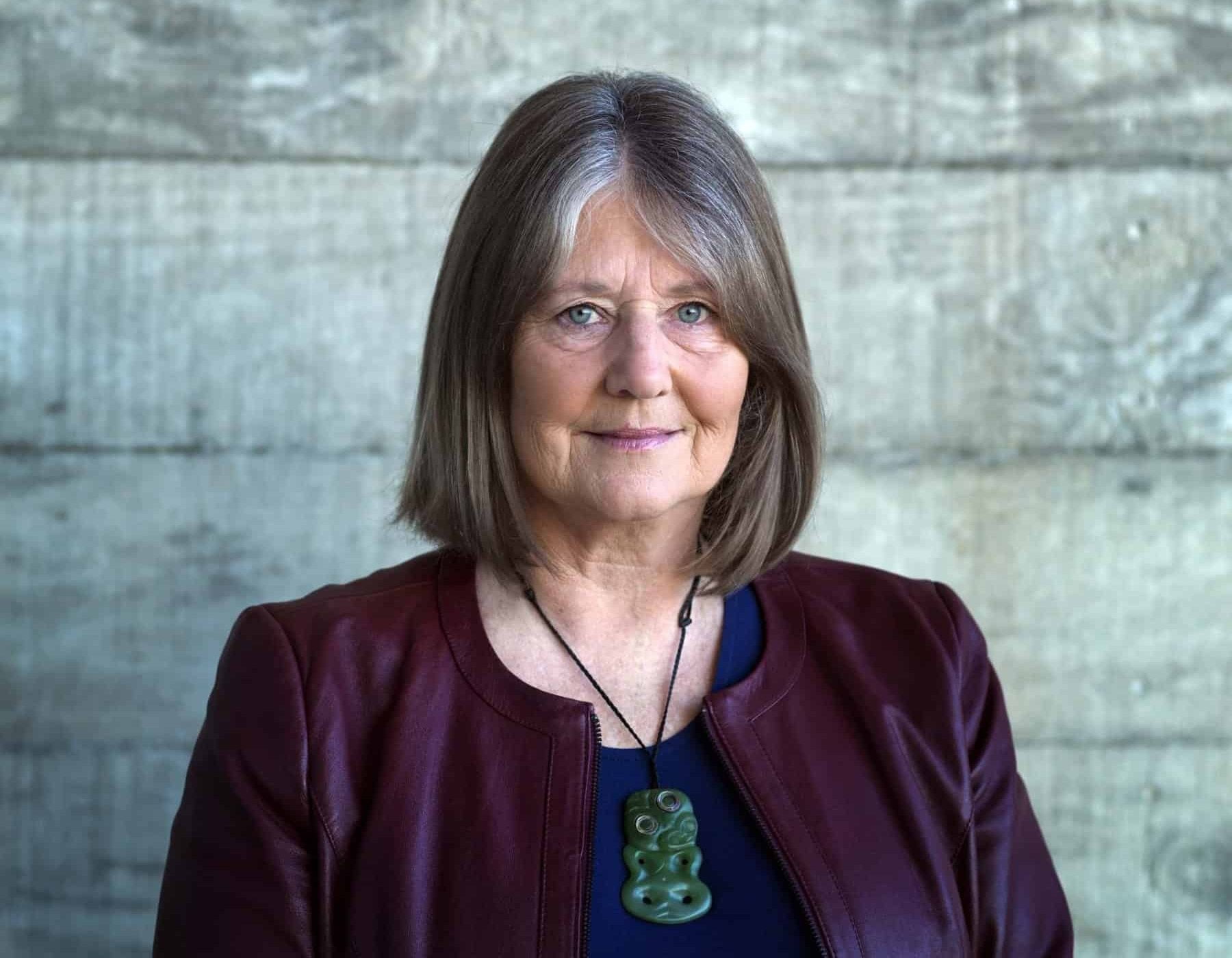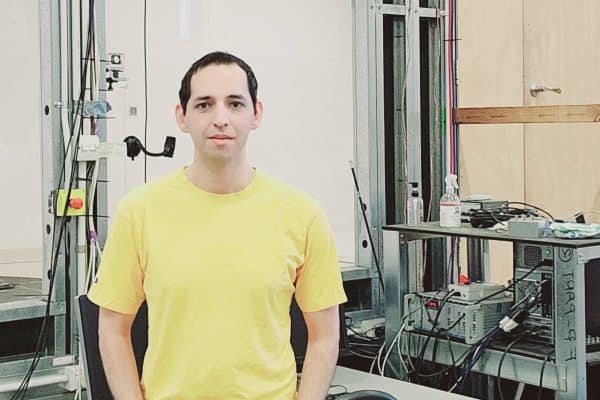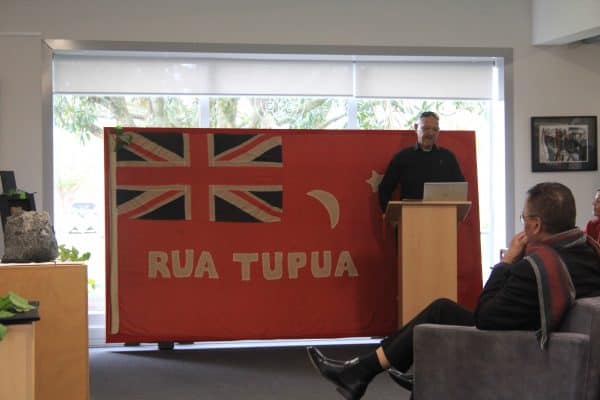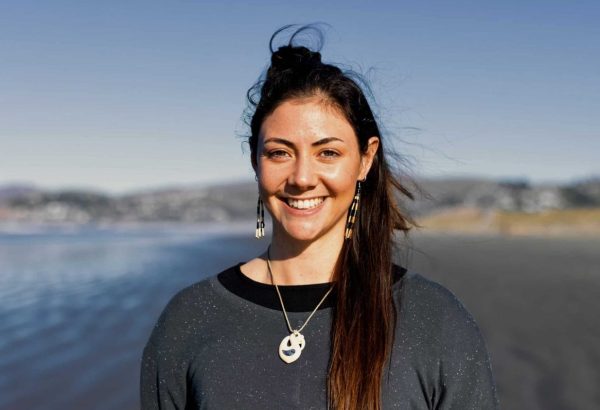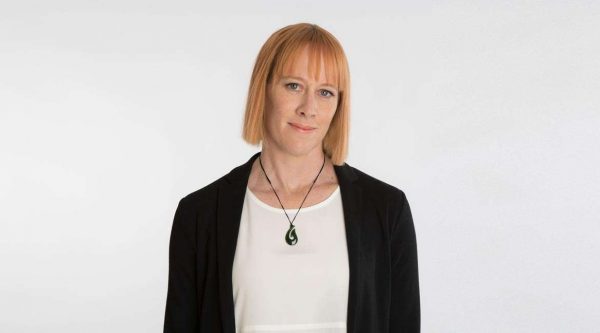Christine Kenney (Te Āti Awa, Ngāti Toarangatira, Ngāi Tahu) has been part of the Resilience Challenge since Phase 1 and was recently appointed as co-leader of our Rural Communities research programme.
Q. Kia ora Christine. Congratulations on your recent appointment as co-leader of the Resilience Challenge Rural Programme. What does the role mean for you?
Ko tangata whenua ahau. I view this leadership role as one focused on supporting colleagues and students to advance their research expertise and achievements. Although sometimes referred to as servant leadership within te ao Māori we understand this approach as – Te tohu o te rangatira he manaaki me te mahi o te rangatira he whakatira te iwi. As the second phase of the Resilience Challenge is drawing to a close, this new position will enable me to strengthen research relationships within our collective, of senior and uniquely skilled rural research specialists to facilitate best outcomes for the Resilience Challenge rural research programme.
Q. Can you tell us how you got into the social science of disaster risk reduction?
I am a registered health professional with a background in sociology, (University of Toronto) specifically the sociology of science. My research career began in public health and traversed psychosocial trauma, pandemics, refugee and humanitarian issues in conflict zones, as well as anthropogenically created environmental contamination. Moving into the field of disaster risk reduction and resilience was a natural progression that was enabled through synergising my strengths in public health and sociological research.
Q. What challenges do you face when conducting indigenous disaster research?
I engage in community-led participatory research. Agency is held by the communities that I work with, so issues associated with researcher/participant power differentials are largely disrupted. However, broader challenges I have noted while researching in this field include: Indigenous knowledge appropriation and misuse as well as colonisation of the discursive research spaces of Indigenous Peoples by non-Indigenous researchers; marginalisation of, or resistance to Indigenous DRR knowledges and approaches to disaster management as non evidence-based, and unfortunately in some instances tokenism and racism.
Q. You are also the Kaiwhakahaere (Director) of Te Toi Whakaruruhau o Aotearoa, the EQC Mātauranga Māori disaster risk reduction research centre. What do you think other organisations can do to promote greater diversity and equity in the disaster risk reduction research space?
Develop genuine relationships, partnerships and collaborative DRR governance/research structures and initiatives with Māori researchers, practitioners, iwi, hapū and organisations that are active in all fields of disaster risk reduction and resilience. Currently, with the exception of Ngā Pae o Te Māramatanga, Māori engagement in CoREs and research programmes is often compartmentalised and/or may receive inequitable recognition and funding in comparison with other research strands within the same programmes. Moreover, some new research structures have started out with an equity/Te Tiriti-led focus and then recognition of Māori disaster risk reduction aspirations and research capabilities has gradually become marginalised, while other areas of research interest have received preferential support and funding. As the Māori economy is estimated to be worth close to 70 billion dollars and Māori actors are increasingly engaging with, and commissioning research on all aspects of disaster resilience and sustainability, reviewing the focus of funding allocations may be timely.
Q. What stands out as something you are learning through your work with RNC?
I have developed a strong appreciation of the strengths and challenges faced by Māori agri-businesses, and lessons that may be learned from these businesses in regard to facilitating rural resilience, especially from those enterprises whose business approaches are underpinned by kaupapa and are conducting day to day work in accordance with tikanga.
